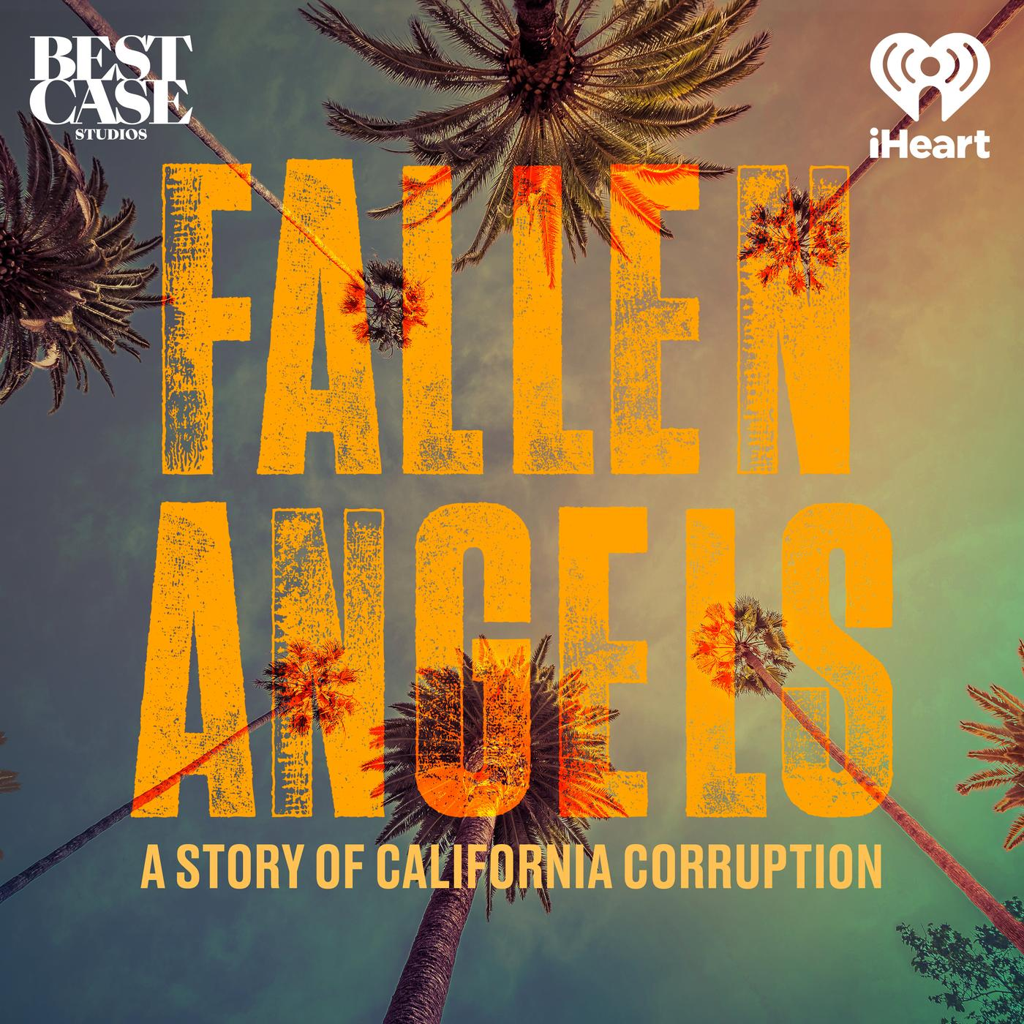For example, my aunt told me that she went to a baseball game once and it was a big venue, so while she was excited to go out with your co-workers and friends she had to commit to it. She gets to the field and then 30 minutes in she realized she had to go because she sensed that she had issues with her wobbly legs as they had been giving out over the previous days and that anxiety of not knowing if that would happen during the game was something that she was dealing with. She would rather remove herself completely from this social situation that she was looking forward to then risking something that she couldn’t predict to happen during the game and having to explain herself or to create a socially awkward situation to those that were there. There are also issues with urinary problems, like not being able to control your bladder – she’s nervous when it hits, then she has to go. For her, it’s not just about being awkward for her but she doesn’t want it to be weird for others and having to have them figure out how to talk about her disease. She is an independent, small and feisty woman and we love her. So it’s interesting to see how this disease begins to dictate the social decisions that she makes.
Another finding that this survey focused on is the day to day activities which hits home for us. She is the person who loves to host and she has a beautiful home that she has decorated with love and she invites all these people and we are a massive group. Brothers, sisters, cousins and more – we come over, she cooks, and cleans. She is the domestic goddess as well as a corporate goddess. Nowadays, this is really hard for her. We’re going home for Thanksgiving and I don't know why she is going to do this, but she wants to do all the things that she has always wanted to do. She loves hosting our family and dinners. I love her because she refuses to let this disease get the best of her but it does steer the decisions that she has to make leading up to doing so. For me, I look inside and figure out what I can do to support her to make things easier.
One of the findings in the survey was that more than 80% of the people that live with MS were asked how they could be helped and what service could be offered to them, the top takeaway was that they wanted someone to help them with groceries, in the kitchen, household chores, etc. I think a lot of us, me included, underestimate the impact that this can make. You sit back and say, “really you just want me to put a box of cereal away for you?” But for someone who is dealing with fatigue and is exhausted – it helps. She has told me that mixing a bowl of dressing for more than a few minutes tires her out depending on the day. Her muscles don’t do what they used to do and they don’t act the way they used to.
There was a time when she visited me in LA this summer. She was teaching me how to make her baked bean recipe and she went to check on it in the oven and accidently flipped the pan and the beans went everywhere. It was sad because she was frustrated in that moment and she doesn’t want to show signs to the disease and we had had amazing days together with her husband (my uncle) and everything was fine and things were great. It felt great as you know she had the disease, but you felt like not really and then it comes out and reminds you. It lets you know that it could happen at anytime and you have to deal with it.
Some of the things that I want to encourage other people to do is to be patient and understand what your loved one is going through and the symptoms. This way, when it happens you know what they are going through and you can be considerate. When the beans happened, there was a moment when I thought about the beans, but then I had to remember this is what my aunt is going through because we’re not at a point where there are daily constant reminders. I caught myself and knew it was beyond her control and so I came from a place of love and patience and I let her know that I would clean it up and we’ll buy more beans, take a seat etc – it let’s her feel more comfortable and less of an awkward situation. I don’t want her to feel that she is a burden and it helps. She says that she feels like it is her own burden to bear as she doesn’t want people to pity her. But I have found that offering my help and services in specific ways – she takes me up on those offers.
During the holidays I will be offering to put the dishes away, to run out to Kroger or the grocery story to get something that she has forgotten. I will say, "Aunt Mel, take a rest." I was talking with one of our nurses yesterday and she was saying that the big things to keep in mind that asking “what do you need” is not enough as it’s so open ended. For fiercely independent people they don’t want to give you a laundry list. But when they are specific asks it helps and gives them the time. Plus we take this for granted.
The survey, after diving in, lets me see how much the findings there are mirroring my aunt’s experience as well as my own. With the holidays here, this encourages support partners and caregivers to be more proactive during this time as well as all year around.
AM: What is your partnership like in terms of your role in this initiative?
ZH: For me the partnership is about this moment, this time and getting people to understand the results of the MS Mindset survey. Don’t just end there with the info, but this survey is telling you what people with MS need and let’s do something about it. It's about sitting down and encouraging support partners/cargivers to what they can. Many times, you forget about the other party. There is a person who is there dealing with MS and so of course you’re not thinking about the support person; however, they are there and they need to be educated. People should go to your local support groups, advocacy groups and learn more via National MS Society.
AM: Obviously, I was aware of MS, but not the depth of it until a few months ago, when I styled one of my clients who is an entertainer and although she performs, is on stage etc – behind the scenes there are a lot of struggles. It’s amazing that she is able to stay on tour, hit the road, dance etc with the unpredictable nature of this disease!
ZH: When I sat down with Tamia (R&B Singer) who is very public about her disease, so many people are dealing with this and we are all so close by just a few degrees to someone who is. It’s ok to know that you don’t have everything figured out as you can’t really prepare for it as things get dumped in your lap. But to know there are resources is the most important thing. There is education to be had across the board from those with MS and those who support or are the caregivers to someone who is.
AM: What was your journey to get to E!?
ZH: Getting to E! was a long winding road. I started out winning a competition to be the face of a local TV station in Indiana. I was there for a year and MC’ing for the Pacers and then that opened the door to another job in Ohio and I was hosting another show which allowed me to anchor the evening news down in Texas and that got me to NY to host a show for Fuse (music countdown show), which led to MTV and then E! It was all over the map. The last year and 3 months at E! have been like the best. They chal-lenge me in really good ways. My skillset makes sense for what they need and what they want. Everyday is different. We just launched a new daytime show, E! News Live recently. Exciting times.
AM: How do you prepare for your celeb interviews?
ZH: It’s really about – I mean for us being that we’re E! and they’re celebs, so we want the scoop. I tend to know a lot about their personal lives and what is going on. Because I come from a creative background I actually really appreciate the art in what they are creating and what they are there to talk about. I feel that most celebs, musicians, etc appreciate and recognize those that appreciate and recognize that. So they are more likely to open up about the extra stuff if they believe that you care about the stuff that you should be caring about, and I do. So my preparation is understanding what the film is about, why they took on a certain project – have they had past ones that led them to this point and what it took for them to get into a certain character. Reading any article or interview surrounding that project before I talk to them. Because the last thing that they want to do it to regurgitate the same thing that they have said about 73 times during that junket. They want to be challenged and sparked and they get excited. They’re working but they prefer to enjoy it and it makes it fun!
AM: And for the Red Carpet?
ZH: Red Carpet is chaos and I just get stressed when I think about it. It’s one of those things that you do as much as you can and then you just throw it out the window – you go with the flow. You have so much talent – Brad Pitt for one second and then you have Angelina Joli and you have her and all these people bottle necked. As you talk to Brad, you have George Clooney walk by and the publicist is pulling people and you only have a few questions that you can ask as you’re getting wrapped as you start. It's a high pressure situation. So it’s one of those things that it’s just like I know a little bit about a lot – so you go with the flow, you make moments as you can’t really tackle issues there. You just want people to toast champagne with you or to make a joke or slip up and say something silly. Carpets are about moments and they make great content for the internet.























